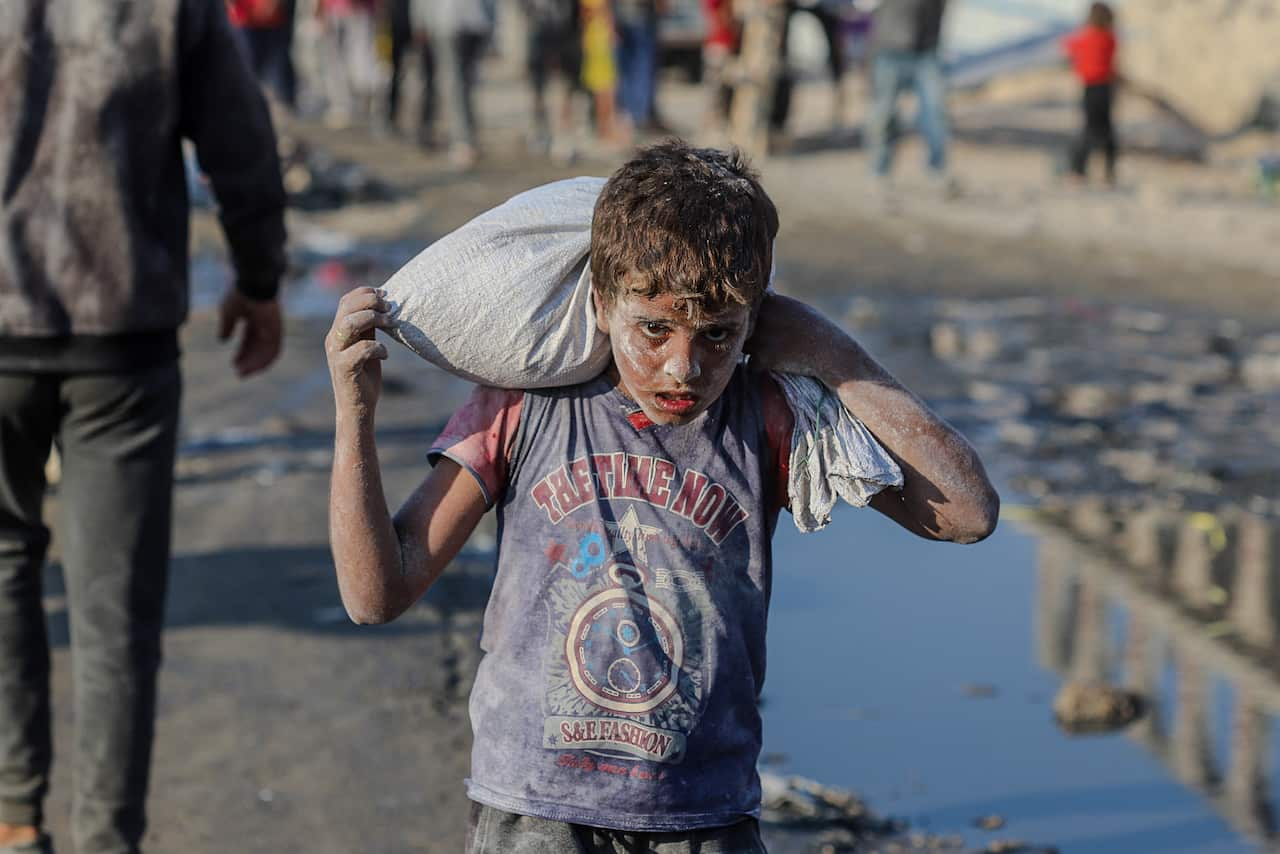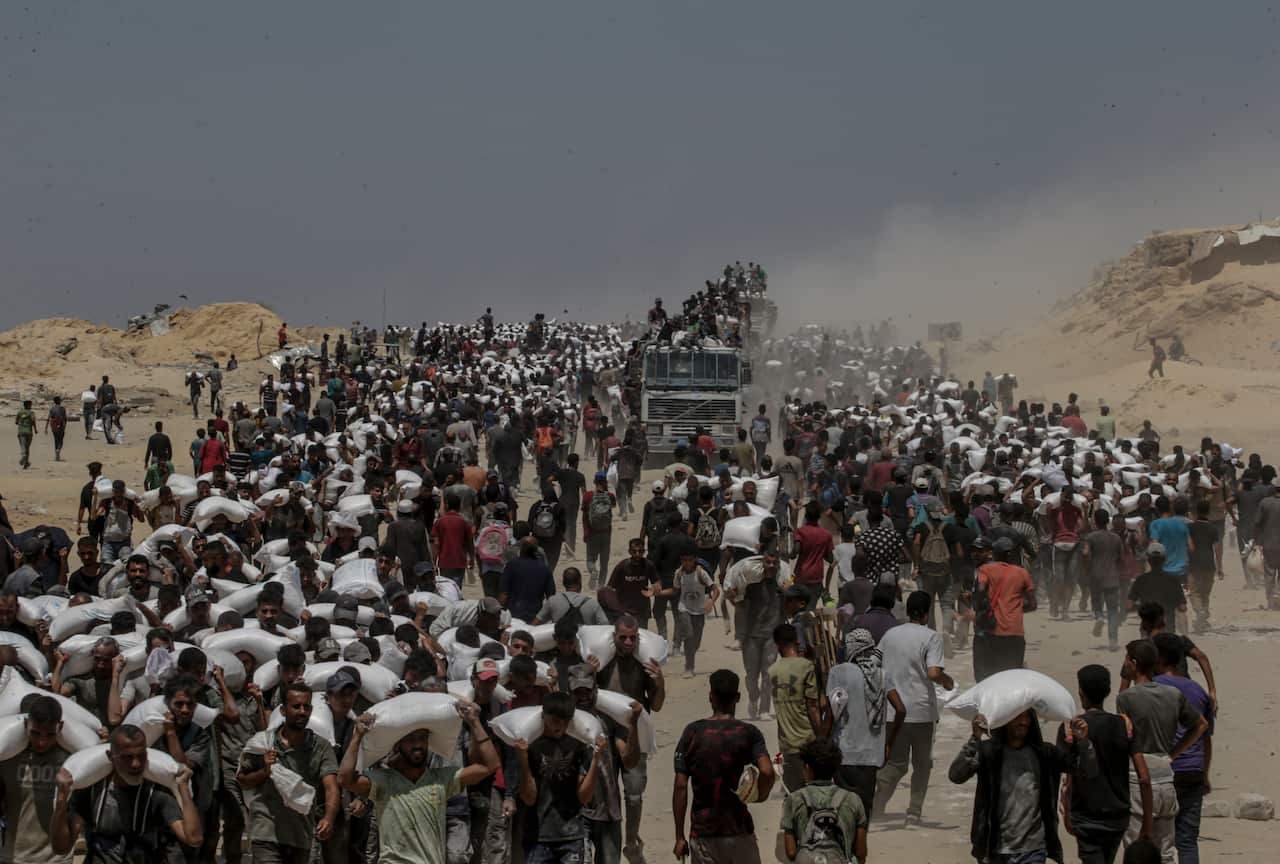Share this @internewscast.com
Israel has declared it will allow humanitarian aid deliveries into Gaza. However, experts in aid and healthcare express concerns that this effort may not suffice to mitigate the widespread hunger and its enduring impacts within the region. Although Israel refutes allegations of starvation in Gaza, organizations such as the World Health Organization and numerous aid groups have issued warnings about the severe repercussions of widespread hunger in the besieged area.
Why Gaza’s children are more likely to die of starvation
In March, Israel halted all supplies to Gaza, resuming limited shipments in May but at a significantly reduced capacity compared to pre-blockade levels. The Palestinian Non-Governmental Organizations Network criticized this as “a drop in the ocean” relative to the needs of the Gaza population.
“Malnutrition during this crucial window under two years old children really increases the risk of life-long disability,” Siversten said.
Dr. Nina Siversten, an associate professor specializing in nursing and family health at Flinders University, informed SBS News that children in Gaza face the greatest risk from starvation’s effects. “This is referred to as epigenetic inheritance — where, even if the children themselves receive adequate nutrition, they might still inherit health risks due to their parents’ experiences,” she explained.
“We’re not just talking about a lost childhood, we’re talking about damage that can echo across two or maybe even three generations.”

The Israeli military announced a temporary halt in some operations within the Gaza Strip to allow humanitarian aid convoys safe passage. Source: AAP / Mohammed Saber/EPA
Aid organisations resume deliveries
“In contact with our teams on the ground who will do all we can to reach as many starving people as we can in this window,” he wrote on X.
Recently, Gaza health officials revealed that malnutrition has been claiming Palestinian lives at an unprecedented rate during the ongoing 21-month conflict, with reports of 15 individuals, including a six-week-old infant, dying from starvation within a single day.
‘We’re caring while we start to starve’

To support the flow of humanitarian aid, the Israeli army instituted a ‘tactical pause’ in military activities across certain parts of the Gaza Strip on July 27. Source: EPA / MOHAMMED SABER/EPA
While aid deliveries will go some way to alleviating hunger among the estimated 2.1 million Gazans currently experiencing food insecurity, head of humanitarian at Oxfam Australia, Lucia Goldsmith, told SBS News it is “nowhere near enough” to fully address the problem.
“What also happens is that those who need the most — that’s children, pregnant women, elderly people, people with disabilities, struggle to access these supplies,” she said.
A ‘man-made’ crisis
With reporting from the Australian Associated Press and Reuters.











